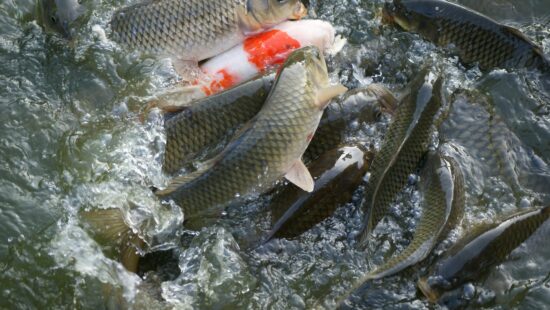Microbial risks triggered by oral administration of antibiotics in fish aquaculture persist long after the legally mandated antibiotic withdrawal time
This study shows that antibiotic use in aquaculture, even within regulated withdrawal times, can leave lasting resistance risks. In common carp treated with florfenicol, gut microbiome analysis revealed that antibiotic resistance genes (ARGs) and mobile genetic elements increased during treatment and remained elevated even after withdrawal. Prolonged treatments led to more diverse ARG-carrying plasmids and enrichment of potential pathogens containing these genes. The findings highlight that standard withdrawal periods may not be sufficient to eliminate the risk of ARG persistence and transfer in aquaculture environments.
AMR NEWS
Your Biweekly Source for Global AMR Insights!
Stay informed with the essential newsletter that brings together all the latest One Health news on antimicrobial resistance. Delivered straight to your inbox every two weeks, AMR NEWS provides a curated selection of international insights, key publications, and the latest updates in the fight against AMR.
Don’t miss out on staying ahead in the global AMR movement—subscribe now!






